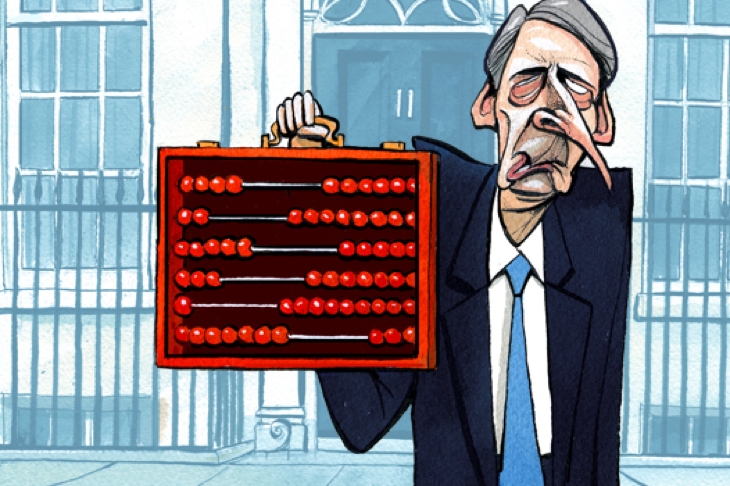Last week I wrote a column elsewhere arguing, among other things, that it is time for the government to look beyond its (almost impossible-to-meet) commitment to a budget surplus at some point in the 2020s and think about a looser target that might allow more public spending, seeking perhaps a primary but not overall surplus. (IE tax receipts equal spending on everything except debt interest.)
I mention this not to advertise that column but because I think some of the reactions to it are worth sharing. As expected, one hawkish Cabinet friend was quick to scold me for advocating ‘yet more borrowing’. But another, well-acquainted with Treasury thinking, simply described the idea as ‘interesting’ and suggested we discuss it soon.
Today, the Institute for Fiscal Studies has likewise questioned that commitment to an overall surplus by the middle of the next decade, suggesting it might be more ‘sensible’ to abandon it. These suggestions come amid countless calls for more spending, on welfare and public services. And some of those calls come from the Tory benches, which matters a lot in a hung Parliament.
First it was public sector pay, then Universal Credit. My guess is that NHS spending will be next: smart Tories are aware that the state of the health service matters more to most voters today (and is more important to the party’s standing) than Brexit. Whispers in Whitehall suggest there could yet be movement here, just in time for this year’s headlines about a winter crisis.
Could the Budget next month see a move away from the ‘austerity’ policies that have held sway since 2010? This is purely a hunch based on observation, but I think there is a real possibility of some sort of change on the fiscal rules.
I am not suggesting that Philip Hammond or his Treasury officials are ready to embrace Corbynomics and spend, spend, spend. But when a devoted Thatcherite such as Sajid Javid wants to borrow (in order to build more), it’s safe to say something is up.
I do not detect a settled view from No 10 yet, but I know there are Tories in Downing Street who are quietly questioning the Treasury orthodoxy on that surplus commitment and asking whether it’s time is up.
The root of all this is politics, of course. Wilfully or otherwise, the Tories have allowed public consent for ‘austerity’ policies to wither. That consent was hard-won: George Osborne laboured long and hard to persuade as many people as possible that unless he balanced the books, the nation (including its future generations) would suffer much worse than the pains he had to inflict to eliminate the deficit.
Yet that consent is evaporating as more and more voters come to believe that the cure is worse than the disease, possibly because that pain has not been fairly distributed, and possibly because the deficit-disease has lingered so long without doing them any harm that they can immediately perceive. (Yes, you and I know what we spend on debt interest. But most people don’t.)
Polling for Deloitte recently showed that in October 2010, 58 percent of adults agreed that cuts to spending on services were necessary to cut the deficit. By August this year, that figure was 22 percent.
An economic policy of austerity requires a political campaign to sustain its legitimacy. The Tories under Theresa May have largely abandoned that political campaign. The coming Budget is thus a decision point: Mrs May can either resume the Osborne-era arguments for balancing the books, or abandon the economic policy that campaign was created to support and set out a new approach.
Either option has costs and risks, but either would be a better bet than the current halfway house of pursuing an unpopular and at least partly unsuccessful economic policy without arguing for it.







Comments